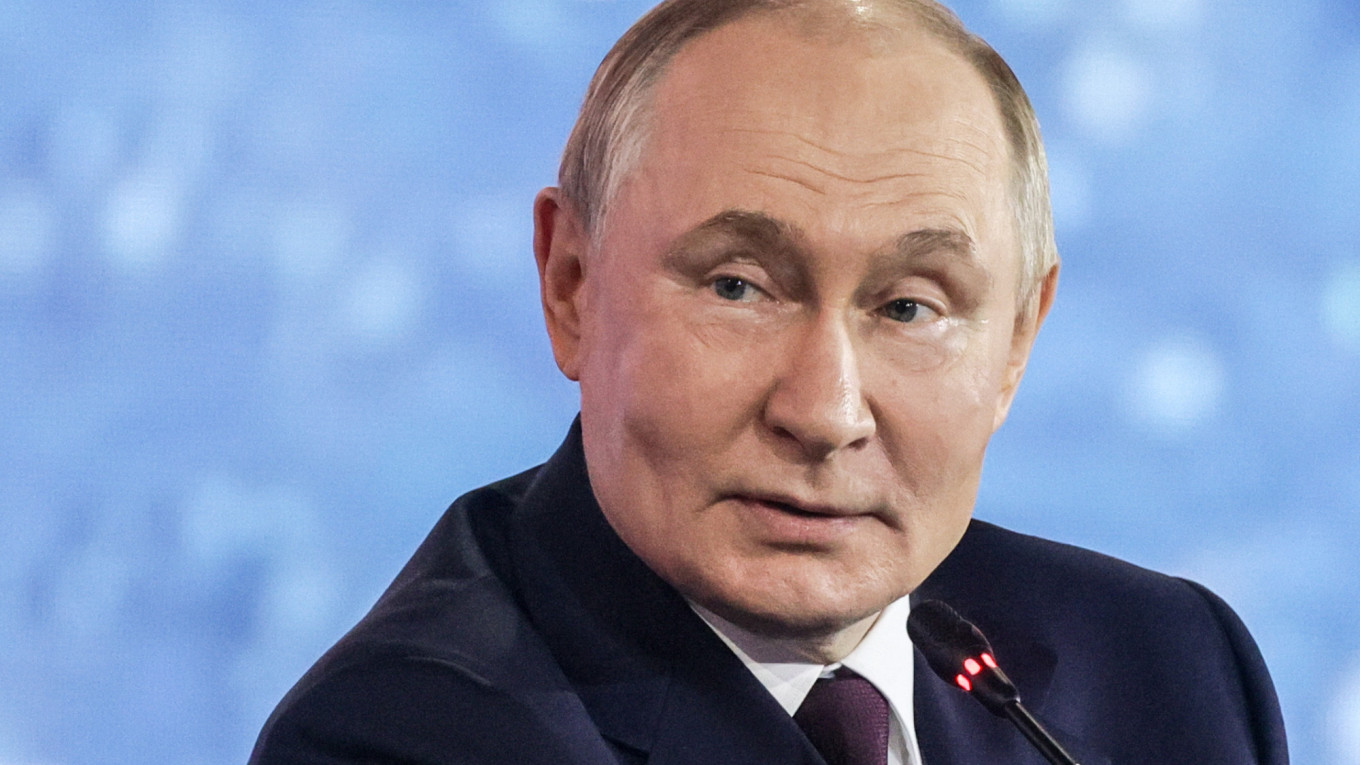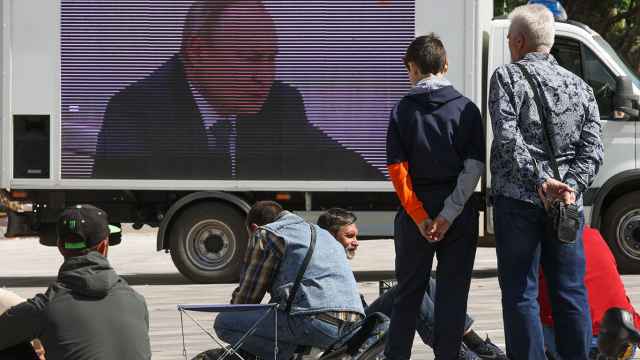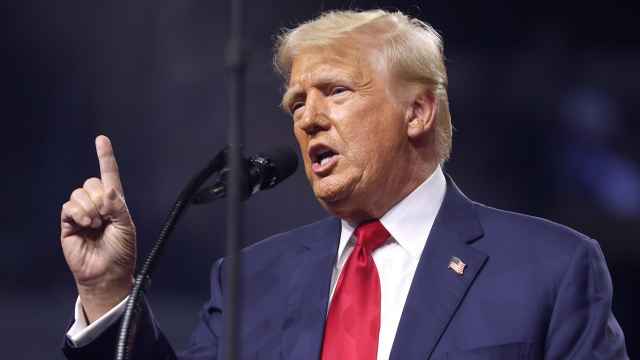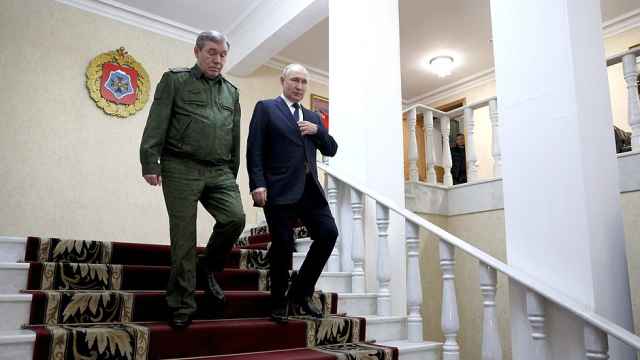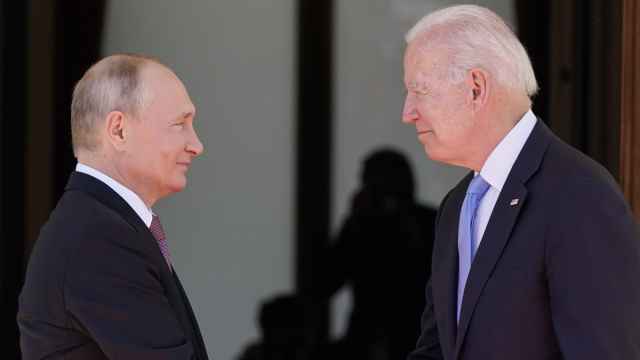President Vladimir Putin warned on Friday that any Western forces deployed to Ukraine would be a "legitimate" target for the Russian military, a defiant response to an allied plan to send international peacekeepers once a settlement to the war is reached.
A coalition of more than two dozen countries, led by France and Britain, announced on Thursday that they were prepared to send a "reassurance force" to Ukraine to patrol and enforce any eventual peace agreement. Ukraine has insisted that security guarantees backed by foreign troops are essential to prevent Russia from renewing attacks on the country.
"If some troops appear there, especially now during the fighting, we proceed from the premise that they will be legitimate targets," Putin said at the Eastern Economic Forum in the city of Vladivostok.
He argued that such a deployment would hinder rather than secure long-term peace, and reiterated his view that Ukraine's deepening military ties with the West were among the "root causes" of the conflict, shorthand for Putin's list of grievances that prompted him to order the full-scale invasion.
French President Emmanuel Macron, standing alongside Ukraine's Volodymyr Zelensky on Thursday, said 26 countries had formally committed to the mission, though details such as troop numbers and contributions remain unclear. He stressed the force would not fight on the front line but serve to "prevent any new major aggression."
Zelensky welcomed the pledge as "the first such serious, concrete step" in securing Ukraine's post-war future.
Still, Russia is unlikely to endorse the Western "reassurance force," raising questions about whether the plan is doomed from the outset. Moscow has repeatedly said it will not accept any discussion of security guarantees without its participation, arguing that it must be a party to those talks — a position that analysts liken to letting the fox guard the henhouse.
On Friday, Putin rejected the notion of Western peacekeepers altogether, insisting that any settlement should be sufficient to maintain peace between Russia and its neighbor.
"If decisions are reached that will lead to peace, to long-term peace, then I simply don't see the point in their presence on the territory of Ukraine. Because if deals are reached, let no one doubt that Russia will comply with them in full," he said.
Ukraine and its Western allies remain unconvinced. They point to a long record of Russian violations dating back to the 1994 Budapest Memorandum. Under that post-Soviet accord, Kyiv surrendered its nuclear arsenal in exchange for assurances from Russia, the United States and Britain that its sovereignty and borders would be respected and force would not be used against it.
Amid a diplomatic frenzy in recent months, which culminated in a Russia-U.S. summit in Alaska in August, Western leaders have accused Putin of stalling for time as his forces grind forward in eastern Ukraine. At a news conference in China earlier this week, he boasted that Russian troops were "advancing in all directions," though analysts say those gains have come at enormous cost in lives.
Perhaps most telling, Putin said that if diplomacy fails, Russia is prepared to keep fighting until it achieves its objectives by military means.
AFP contributed reporting.
A Message from The Moscow Times:
Dear readers,
We are facing unprecedented challenges. Russia's Prosecutor General's Office has designated The Moscow Times as an "undesirable" organization, criminalizing our work and putting our staff at risk of prosecution. This follows our earlier unjust labeling as a "foreign agent."
These actions are direct attempts to silence independent journalism in Russia. The authorities claim our work "discredits the decisions of the Russian leadership." We see things differently: we strive to provide accurate, unbiased reporting on Russia.
We, the journalists of The Moscow Times, refuse to be silenced. But to continue our work, we need your help.
Your support, no matter how small, makes a world of difference. If you can, please support us monthly starting from just $2. It's quick to set up, and every contribution makes a significant impact.
By supporting The Moscow Times, you're defending open, independent journalism in the face of repression. Thank you for standing with us.
Remind me later.


